In St. Louis, a powerful movement has been gaining momentum, one that challenges the very foundation of the criminal justice system: cash bail. This contentious issue has attracted the attention of both local communities and national advocacy organizations, igniting a conversation about social, racial, and economic justice within the church and society at large.
The heat of a scorching June day saw hundreds of respected Presbyterian representatives, on their way to the national General Assembly meeting in St. Louis, marching with a resounding message: "#END CASH BAIL." They were on a mission to the city justice center to protest the perceived injustices perpetuated by the cash bail system. However, some questioned whether the $54,000 raised at the opening worship service and online should have been directed toward church work instead of bailing out pre-screened prisoners.
To those involved, what they were doing was not just social or political activism; it was an embodiment of their belief in social, racial, and economic justice as a fundamental tenet of their faith. This raises the question of why they felt compelled to take action.
The issue of cash bail has been increasingly brought to the forefront, receiving attention not only locally but also from national social justice advocacy groups. The debate centers on the continued incarceration of individuals accused of non-violent offenses who cannot afford bail, which may range from as little as $100 to several thousand dollars. For these individuals, weeks or even months behind bars await, all while they are presumed innocent.
Zooming out, pretrial detention has been a significant contributor to the exponential growth of the incarcerated population over the past fifteen years, accounting for a staggering 99 percent of jail growth. On any given day, around 700,000 individuals find themselves locked in local jails, separated from their families. Shockingly, approximately 62 percent of these individuals are not serving sentences but are awaiting trial for minor, non-violent misdemeanors.
In some municipalities, a substantial portion of city operating funds is generated through traffic fines, further exacerbating the problem. For many of those in pretrial detention, the inability to pay bail transforms bail into a punitive tool, coercing individuals into pleading guilty. This criminalizes poverty and takes on the form of a modern-day debtors' prison.
The consequences of pretrial detention are dire. Those held before trial are four times more likely to receive a jail sentence than those released on bail, and their average jail sentences are three times longer. Moreover, they face a heightened risk of rearrest after their lives have been destabilized by incarceration. Loss of employment, housing, and even custody of their children are just a few of the potential outcomes. Some may resort to criminal activities as a means of financial recovery.
The harsh reality is that cash bail disproportionately affects marginalized communities. Furthermore, racial disparities are glaring, with Black individuals being twice as likely to be arrested (though not twice as likely to commit crimes) and jailed before trial. The LGBTQ and gender-non-conforming community members face even higher arrest and incarceration rates, coupled with an increased risk of sexual and physical abuse while in custody.
In response to this glaring injustice, the Presbyterian Committee on the General Assembly, along with many other stakeholders, developed a plan to address the issue during the St. Louis meeting. The church's leadership, including the denomination's chief staff officer, Dr. J. Herbert Nelson, rallied behind the "Hands and Feet" initiative, which aims to support local and national initiatives that drive change and embody the love of God.
Unlike conventional conventions that come and go, leaving no lasting impact on the host city's community, the General Assembly sought to engage with local challenges actively. They didn't want to dictate from a position of authority but rather collaborate with organizations already working towards bail relief and reform.
The local presbytery, encompassing congregations in and around St. Louis, had been dedicating three years to supporting a moral and political project involving bail payment and partnerships with various local and national groups, such as the St. Louis Action Council, Beyond Cash Bail STL, the Bail Project, Arch City Defenders, De-carcerate STL, and Faith for Justice. Their motivation was rooted in the teachings of Jesus, emphasizing good news to the poor, release to the captives, and freedom to the oppressed.
This unified effort was a testament to the belief that justice work is, indeed, church work. However, not everyone shared this perspective. Some Christians might argue that the church's primary focus should be on saving souls, relegating social justice activism to secondary importance.
This viewpoint isn't unique, as evidenced by conservative political commentator Glen Beck's criticism of Christian congregations and journals that embrace social and economic justice. Beck disparages such efforts as "code words for communism and Nazism." Nevertheless, the St. Louis Presbyterians and their allies countered this narrative, aligning with Bread for the World, a non-partisan Christian citizens movement committed to alleviating hunger, which proclaimed, "Economic and social justice are central to the gospel of Jesus Christ."
In the end, the actions of the Presbyterians in St. Louis conveyed a powerful message: justice work is indeed church work. Their resolute stand against cash bail represented a step towards realizing the principles of social, racial, and economic justice within their faith and society as a whole. The battle against cash bail remains an ongoing struggle, but with each step taken, the path towards a more just and equitable society becomes clearer.
